The ocean: Life and livelihoods
Every June 8, World Oceans Day is celebrated. This date was established by the UN to recognize its vital importance for the life of all species.
The ocean covers more than 70% of the planet’s surface and represents the world’s lung, providing at least 50% of the planet’s oxygen. It is the source of life on Earth and provides sustenance for humanity and all other organisms found on it. It is home to the greatest diversity of species and is a source of food and medicine for billions of human beings.
The purpose of World Oceans Day is to inform about the impact of humans on the ocean, to develop a global movement of citizens for the ocean, and to mobilize and unite the world’s population in a project for the sustainable management of the oceans.
In 2021 the United Nations took as its theme “The ocean: Life and livelihoods.” This year marks the beginning of the “United Nations Decade of Ocean Sciences for Sustainable Development 2021-2030”. With this, it seeks to develop scientific research and innovative technologies that connect with the needs of society, as the oceans are a key part of the world economy since it provides.
About 90% of marine species have been diminished in recent years as well as 50% of coral reefs have been destroyed, it is being extracted from the ocean much faster than it can be replaced by altering the entire marine balance.
Every year thousands of species of plants and animals disappear due to the great pollution by the waste that is dumped into the waters of the sea. Some governments have taken steps to reduce the problem, but they are insufficient to prevent the extinction of marine ecosystems that are extinguished by these practices.
The oceans contribute greatly to climate balance. The increase in the burning of fossil fuels that produces its greenhouse effect is the main cause of climate change, one of its consequences being the melting of glaciers at the Earth’s poles and the decrease in the salinity of the oceans. All this generates in time great storms, floods and many other disasters with devastating consequences for the entire planet.
We must protect and preserve the ocean and all that it sustains, understanding how humanity relates to it, connecting in a more inclusive and innovative way.
Aixa Chacin

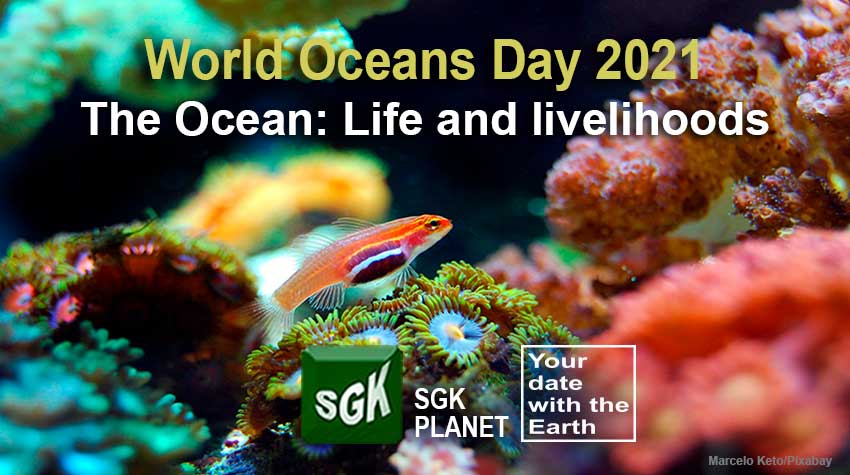
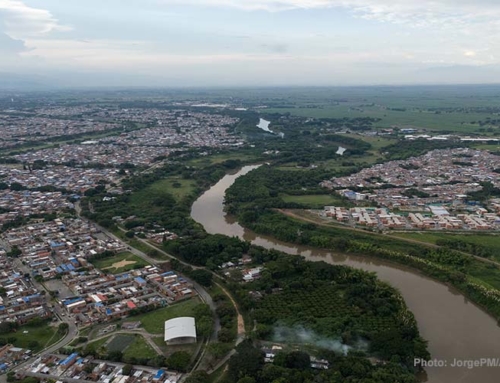
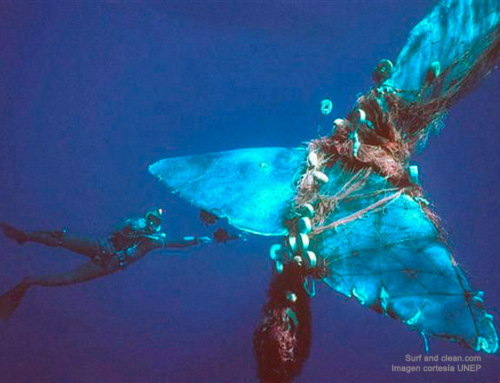
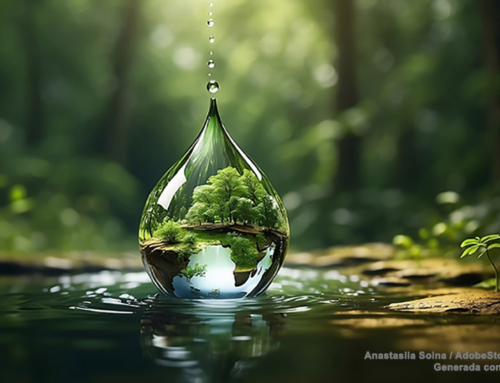
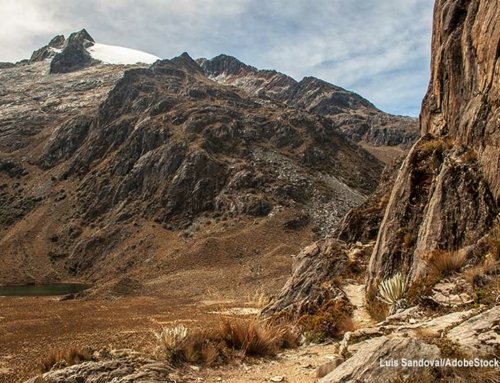
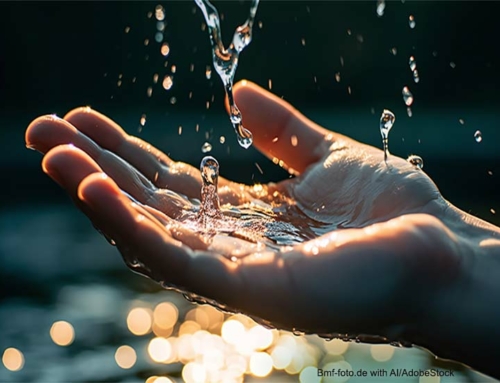
Leave A Comment